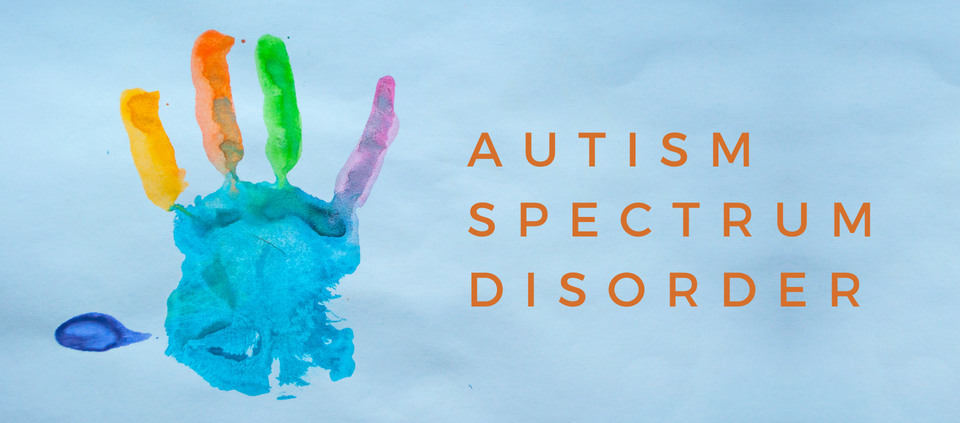
Explore the Cutting-Edge Advancements in Treatments for Autism Spectrum Disorder (ASD)
Introduction: Autism Spectrum Disorder (ASD) affects approximately 1 in 54 children in the United States alone, according to the CDC. This developmental disorder, characterized by challenges in social skills and communication, has fueled an intense search for effective treatments. As we stand at the forefront of medical advancements, we’re witnessing an exciting era of therapeutic innovation. In this article, we explore the most promising ASD treatments emerging from research, backed by statistics and scientific inquiry.

The Promising Landscape of ASD Treatments: A recent review of ASD medications under development reveals an active pipeline of over 10 novel drugs at various research stages. Innovative therapies like Acamprosate and Arbaclofen, progressing through Phase II trials, offer hope for effective ASD symptom management.
From Preclinical Promise to Clinical Reality: The transition from lab to patient involves rigorous testing and development. For instance, recent data indicate that Cannabidivarin, a non-psychoactive cannabinoid, has entered Phase II trials, targeting the neurological roots of ASD. Concurrently, preclinical studies are investigating the genetic basis of the disorder, with antisense oligonucleotides and novel enzyme-targeting treatments showing potential in early research models.
The Statistical Landscape of Neurodevelopmental Innovations: Each clinical trial phase acts as a gatekeeper, allowing only the most promising treatments to reach the public. A comprehensive analysis reveals that the current ASD treatment landscape includes multiple candidates in the preclinical phase, with a significant push towards addressing the full spectrum of autism symptoms. Additionally, several compounds are in the Phase I and Phase II stages, demonstrating a commitment to finding tangible solutions for those affected by ASD.
Tailored Therapies:
A Personalized Approach to ASD:
Personalized medicine is at the heart of modern ASD treatment strategies. Understanding the patient’s unique biological makeup is crucial, as evidenced by the diverse therapeutic targets currently under investigation. This bespoke approach ensures that emerging therapies align with individual needs, enhancing efficacy and patient outcomes.

Beyond Medication:
Autism Advocacy and Societal Integration: The pursuit of effective treatments is paralleled by a growing movement for autism awareness and advocacy. Acceptance and support networks are vital, providing a foundation for individuals with ASD to thrive. Educational programs and societal initiatives are as crucial as the drugs in the pipeline, offering a holistic approach to ASD management.
World Autism Awareness Day: A Global Perspective Ever since the United Nations General Assembly designated 2 April as World Autism Awareness Day (WAAD) in 2007, the United Nations has observed the day as a means to affirm and promote the full realization of all human rights and fundamental freedoms for autistic people on an equal basis with others. Progress has been made, not least thanks to the many amazing autistic advocates who have worked tirelessly to bring the lived experience of autistic people to the wider world. The 2024 observance will for the first time seek to provide a truly global overview of the state of affairs in this regard from the perspective of autistic people themselves. The event is organized by the United Nations Department of Global Communications, in close collaboration with the Institute of Neurodiversity (ION).

Conclusion: The journey to innovative ASD treatments is paved with statistical evidence and scientific dedication. From preclinical studies to advanced clinical trials, each step brings us closer to a future where ASD can be effectively managed. As we anticipate the arrival of new medications like Vafidemstat and others nearing approval, our collective efforts in research, advocacy, and education pave the way toward a more understanding and inclusive society.
